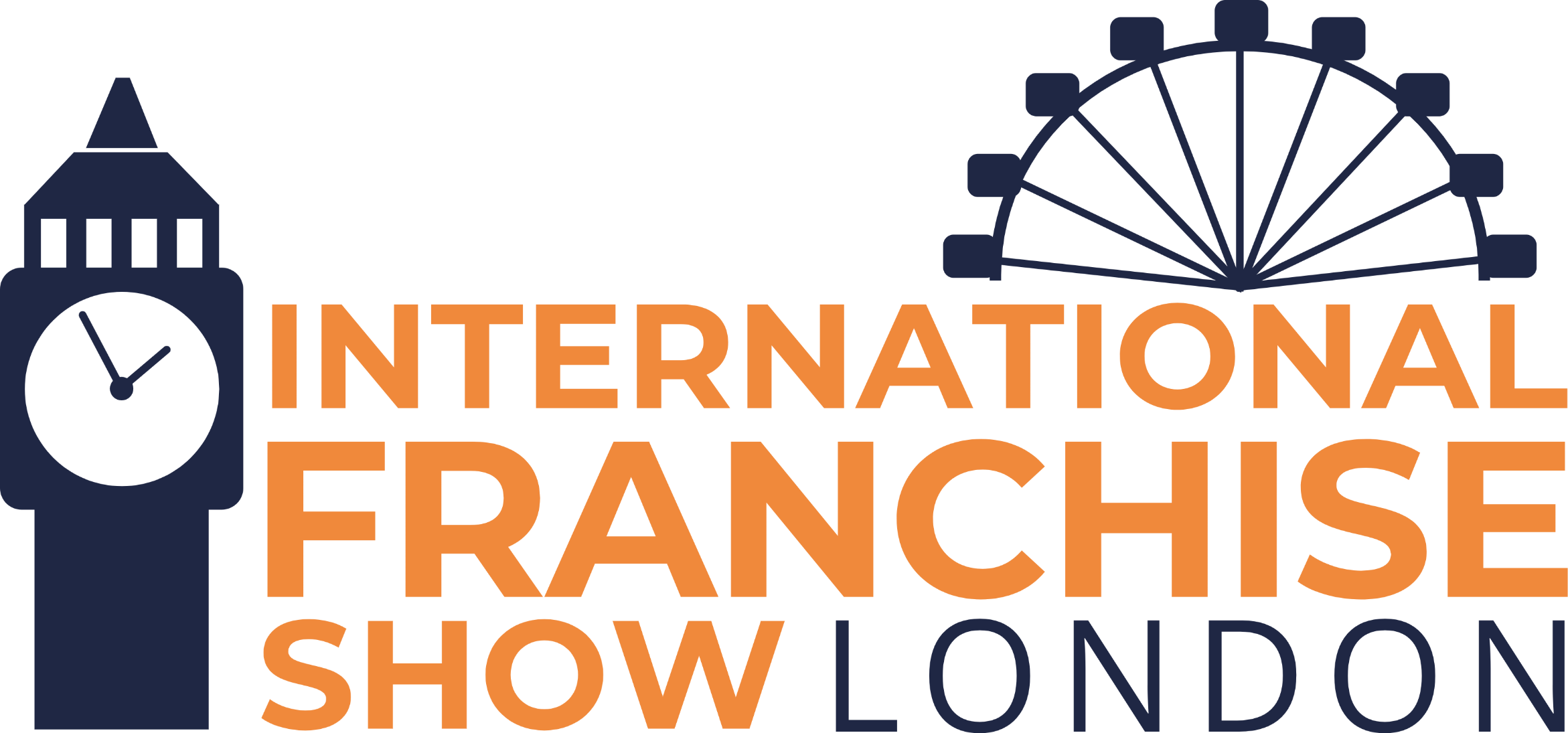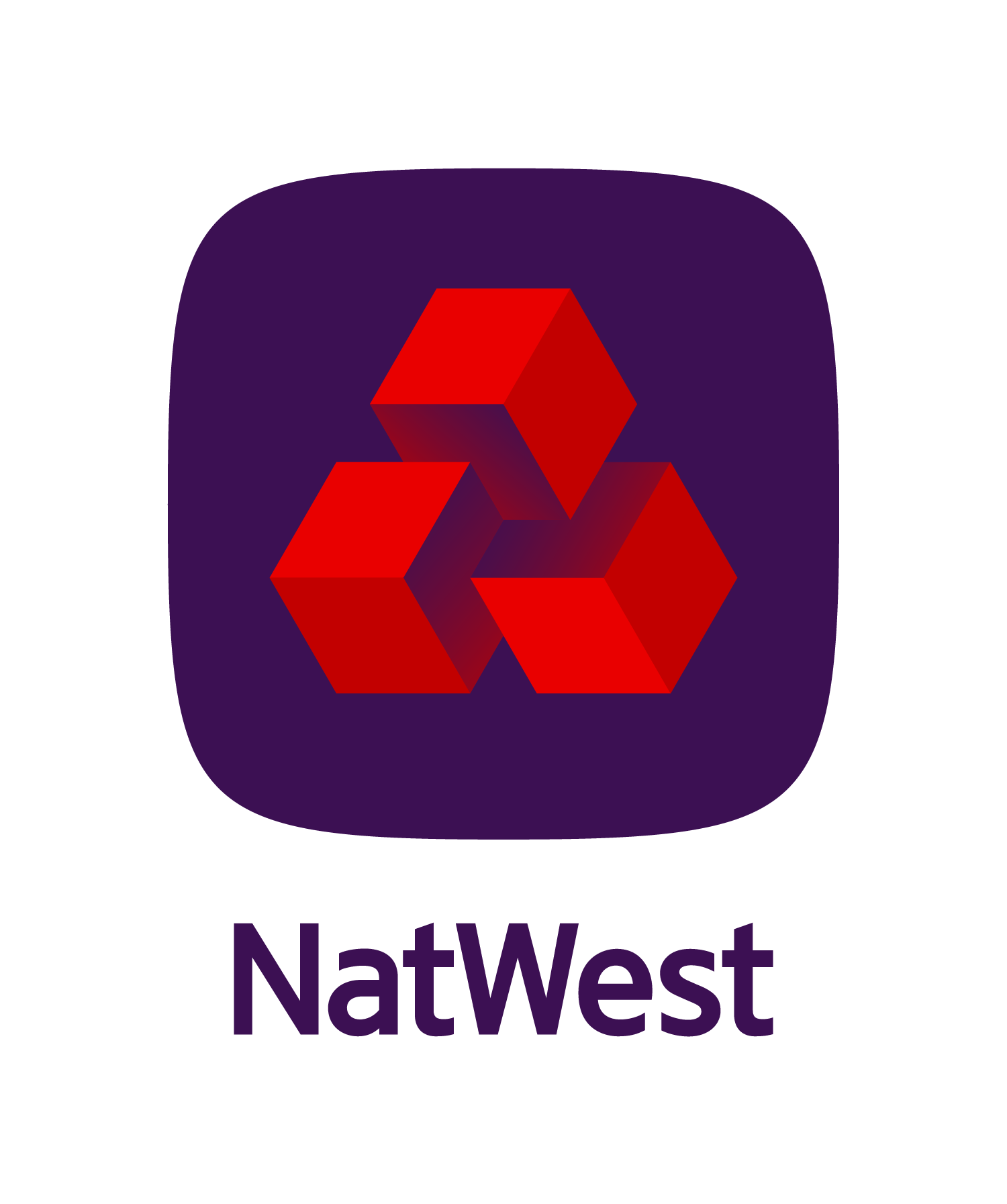Franchise Success Blueprint: Essential Steps for Aspiring Entrepreneurs
)
Understanding Franchise Ownership
Franchising is a joint venture between the franchisor (the brand) and the franchisee (you). While each franchising agreement is different, you'll be responsible for managing brand standards and day-to-day operations at your location. In exchange, you'll use the franchisor's business model, branding and marketing channels, intellectual property and trade secrets, training support, and other integral aspects of the business.
As the franchisee, you are responsible for managing operating costs at your location. This includes covering monthly rent or mortgage costs, utility bills, and employee wages. While there is a startup franchise fee in most agreements, most franchisees also pay ongoing fees that equal a specific percentage of sales revenue. As a franchisee, your income will come from your cut of sales revenue at your location.
Get ready to roll up your sleeves! You are likely to spend long days preparing the location, training staff, overseeing staffing issues, and ensuring that all procedures are being followed during those first few years of operation.
Researching the Right Franchise
Most people think of food and retail when they think of franchising. Remember that franchises can include everything from food kiosks to assisted-living facilities. As a franchisee, a large portion of your life will be spent managing your operation! That's why it's important to select a niche that either interests you or aligns with your existing skills and experience. In addition to picking a niche that fits your background, it's essential to consider market demand. Research current trends to determine which franchises are in demand based on the demographics, consumer preferences, and competition in your market.
Funding and Financial Planning
The barrier to entry is different for different franchises around the country. The cost to Buying franchise rights can range from just a few thousand dollars to over $500,000. Additionally, some franchises may require you to have a personal net worth above a specific threshold. Begin by researching franchise costs for brands in your niche to rule out ones that are unaffordable.
Next, figure out your funding. Funding can be used to pay franchise fees, purchase equipment, and prepare a space. Some franchisors will pair potential franchisees with lenders offering custom funding programs. However, many franchisees rely on commercial bank loans that would also be used by someone starting their own small business.
Training and Support
New franchisees are generally invited to participate in training conducted by the franchisor. A brand may even have you spend a few days at an existing franchise location to learn the ropes. Additionally, training is often conducted at a franchise headquarters. If training is not provided, consider reaching out to an existing franchisee to seek out mentoring.
Marketing and Customer Growth
The good news about franchises is that many major brands already pour millions into marketing each year. Some franchises charge a marketing fee in exchange for advertising that's conducted in your market on your behalf. Others expect franchisees to run their own promotions. If you're on your own for marketing, consider hiring a local advertising firm that can help you run television, digital, newspaper, and billboard ads. However, you'll need to factor in the cost of self-promotion versus paying a marketing fee to determine if the offer being given by a franchisor is financially advantageous for you.
Legal and Compliance Considerations
The reality is that a franchisee is just a lone entrepreneur going up against a large, well-established organization that has done this a million times before. Before signing a legally binding franchise agreement, have a lawyer look over the contract for any red flags. A lawyer can also help to ensure that you understand what you're signing. Every franchise agreement should come with a Franchise Disclosure Document (FDD) that should be combed over by the franchisee's lawyer.
Visit Franchise Direct's website here: https://www.franchisedirect.co.uk/







